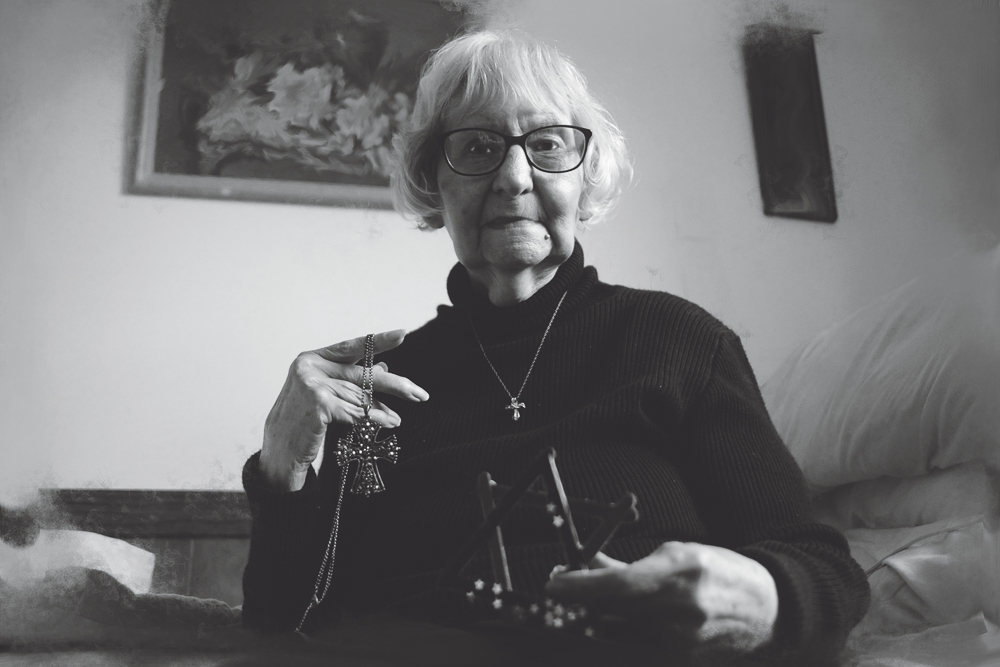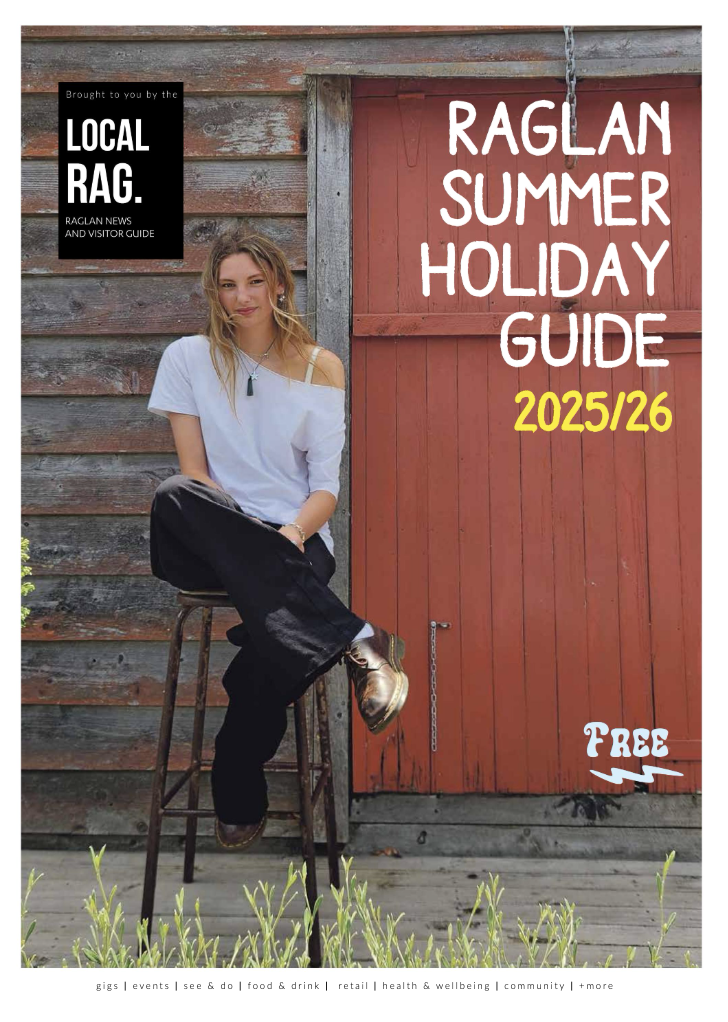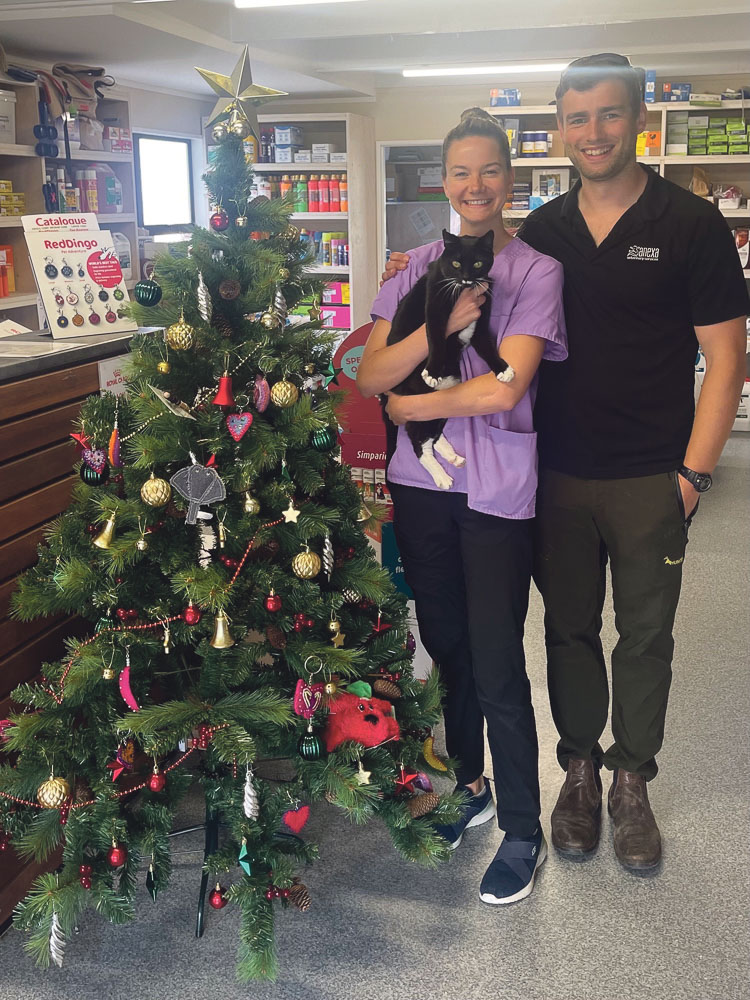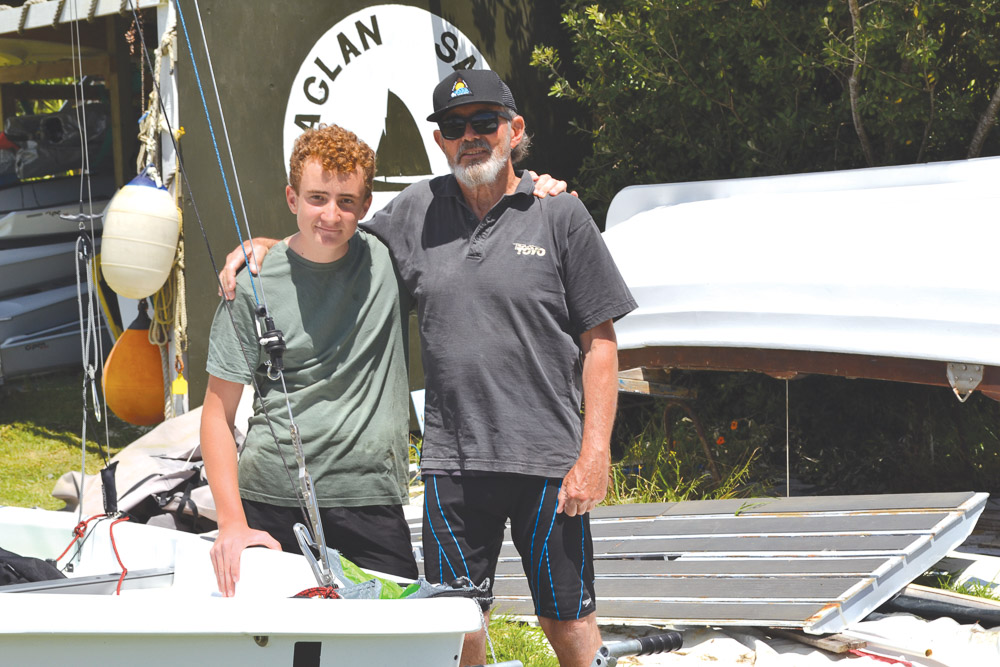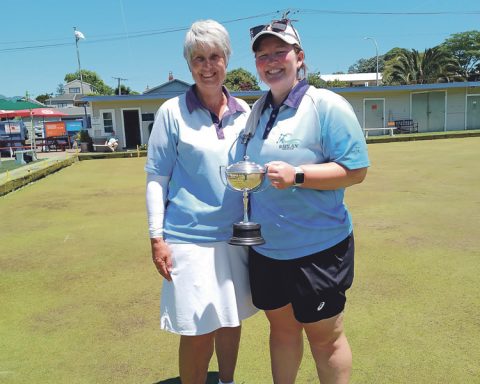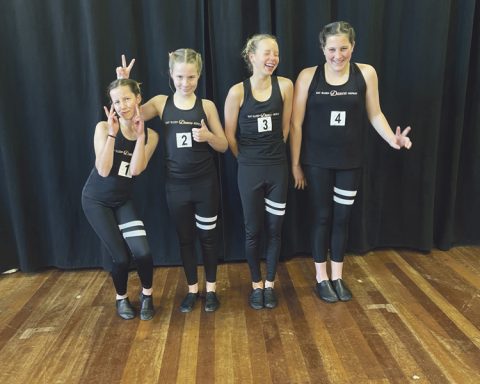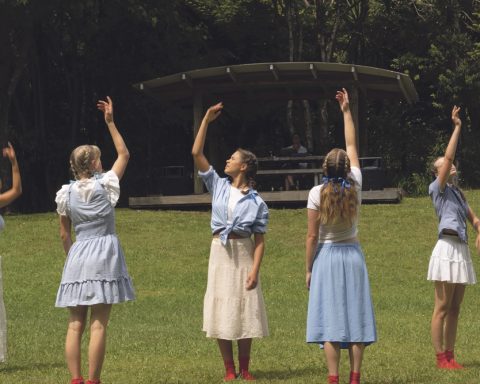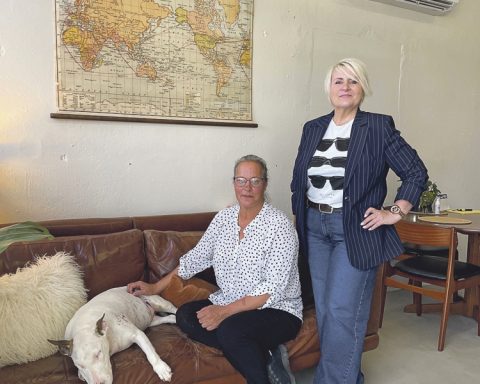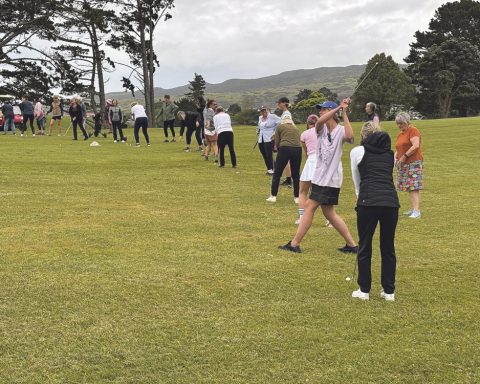When I entered room #28, her perfect white bob was resting on her pillow, eyes closed, and her mind seemed to be located on a peaceful cloud somewhere unchartable.
Westlife was blasting to the max, consuming the entirety of the room. I swear the corridor was as quiet as an empty church before I entered. The decor was punctuated by an amalgamation of crucifix, countless memorabilia of all sorts, and one lonely Star of David held on the wall with Blu-tack. Half asleep and puzzled by the sight of an intruder, I pressed pause on her black CD player to explain myself.
The contrast between the crosses and the star was elucidated: a Jewish mother and a Protestant father. At the innocent age of four years old, her mother demanded for her choice to be made. The innumerable crosses in the room and the golden Christian emblem on her neck tells the answer. “I had to cope with a lot of things most young girls don’t have to cope with. Religion kept me safe. I pray every night and if I have a spare minute, I pray. I believe that’s what spare minutes are for, to pray.”
Alison grew up in Onehunga at the end of WW2 when the wharf was mostly populated by Māori fishermen. Young girls were forbidden to approach, speak to, or speculate about Māori people; let alone study te Reo Māori. The prohibited world of Māori culture became a fascination for her, which was translated in to her drawings: often depicting Māori symbols and portraits.
School was preferable for Alison because home wasn’t a harmonious place to inhabit. Reading books was interdicted by her mother, for she feared her daughter would learn too much about the world. Despite the rigidity of the matriarch, Alison was determined to pursue her literary urges. The wardrobe was altered to an unseen secretive library, a cavern of silence. She was deeply interested in cultural differences. In particular, the Indian caste system (the idea of the lowest caste crushed her heart with empathy) and their arranged marriages which were outside of her understanding of love. Tragically, she subsequently found herself in the same position: her mother cherry-picked her daughter’s husband, an English man who was eleven years older than Alison.
At eleven years old, in the middle of the night, strange noises led her all the way to the bathroom to find her mother in a pool of blood, like she’d never seen before. The immediate order was to hold out her hands. He was as big as her two hands and wrapped in a caul. She’d previously read about the rarity of caul births that ignited cultural beliefs around newborns who could possibly hold significant powers. The veil was broken with her small fingers and just like that, she helped deliver her brother. Without any preparation at all, it seemed so natural to her. After the event, the only profession she dreamed of was nursing, and that’s exactly what transpired.
Today, Alison delivers daily cursive writing notes to the cook and nurses at the rest home to show appreciation. “As a child, I wasn’t appreciated for the goodness I did, and so I’m trying to break the circle and put more effort in loving others better.”
Elisabeth Denis wants to tell the stories of the residents at Raglan Rest Home and Hospital. Elisabeth wants to show up for someone every month and bring awareness to the community about caring for our elderly and appreciating their memories and wisdom.
